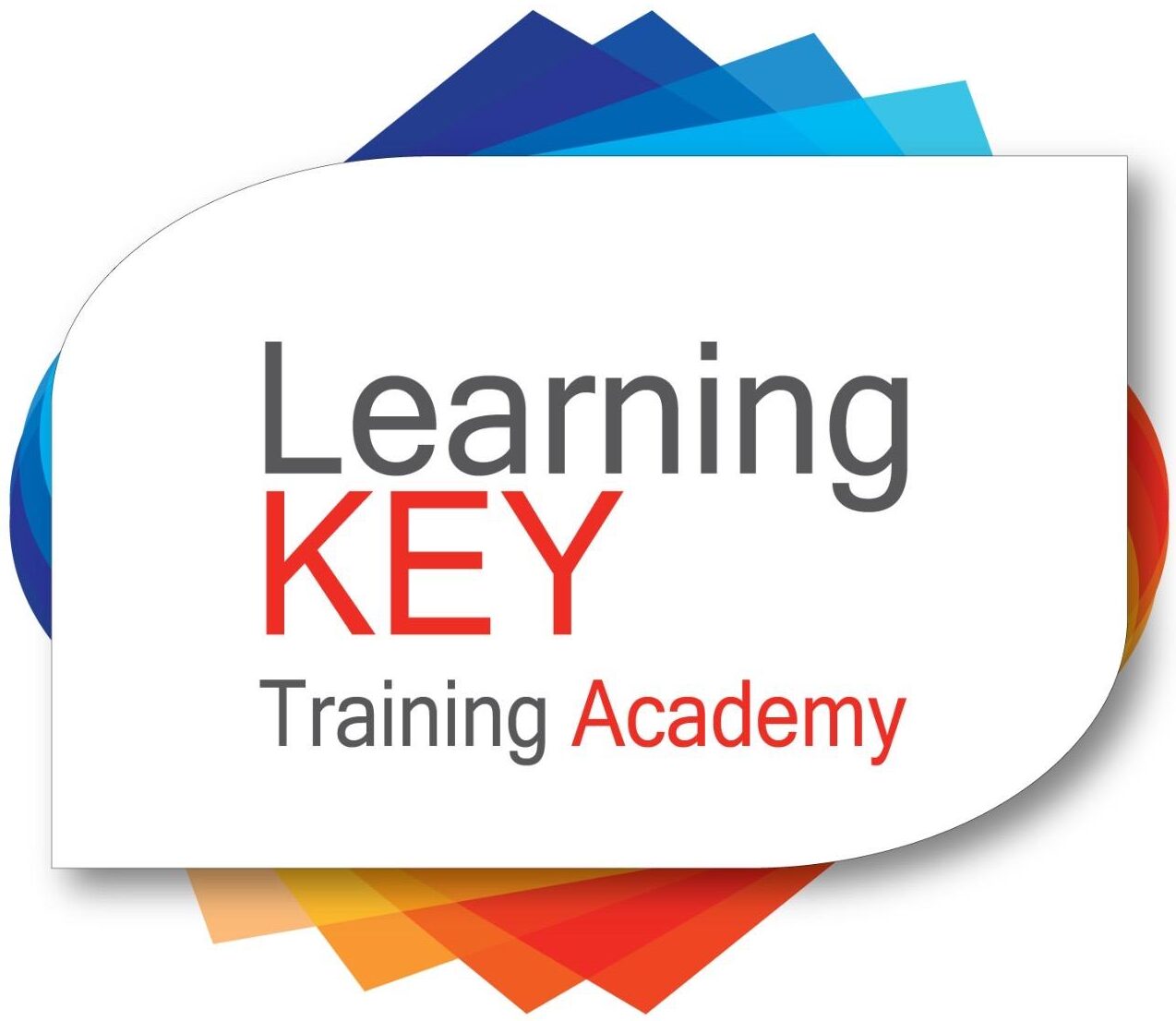Certainly! Here are some detailed job interview tips divided into 10 headings, each offering insights and strategies to help you succeed:
1. Research the Company
Before your interview, thoroughly research the company to understand its mission, values, products/services, and recent news or developments. This knowledge demonstrates your interest and allows you to tailor your responses effectively.
- Company Background: Understand the company’s history and its position in the industry.
- Mission and Values: Align your responses with the company’s core principles.
- Recent News: Mention any recent achievements or challenges the company has faced.
2. Understand the Job Description
Study the job description carefully to identify key responsibilities, required skills, and qualifications. This understanding will help you prepare specific examples and demonstrate how your experience matches the role.
- Key Responsibilities: Be ready to discuss how you can fulfill each duty listed.
- Required Skills: Prepare examples that showcase your proficiency in these skills.
- Qualifications: Highlight relevant qualifications and experiences that match the requirements.
3. Practice Common Interview Questions
Anticipate and rehearse responses to common interview questions. This preparation will boost your confidence and ensure you provide clear, concise, and relevant answers during the interview.
- Behavioral Questions: Prepare STAR (Situation, Task, Action, Result) examples.
- Technical Questions: Practice discussing your technical skills and experience.
- Personal Questions: Reflect on your strengths, weaknesses, and career goals.
4. Prepare Questions for the Interviewer
Prepare thoughtful questions to ask the interviewer. This demonstrates your interest in the role and company while providing an opportunity to gather crucial information about the job and company culture.
- Role-Specific Questions: Inquire about day-to-day responsibilities and team dynamics.
- Company Culture: Ask about the company’s values and workplace culture.
- Next Steps: Clarify the interview process and timeline for decision-making.
5. Dress Appropriately
Choose professional attire that aligns with the company culture. Your appearance should reflect respect for the company and the importance of the interview.
- Business Professional: Opt for formal attire unless otherwise specified by the company.
- Company Culture: Dress in a way that aligns with the company’s dress code.
6. Arrive Early and Prepare Materials
Arrive at least 10-15 minutes early for your interview to allow time for unforeseen delays. Bring extra copies of your resume, a list of references, and any other requested materials.
- Location Familiarity: Research the interview location and plan your route in advance.
- Materials: Carry a professional folder or portfolio to organize your documents.
- Contact Information: Have the interviewer’s contact details in case of emergencies.
7. Demonstrate Professionalism and Confidence
Project confidence through your body language, tone of voice, and responses. Maintain eye contact, offer a firm handshake, and speak clearly and concisely.
- Body Language: Sit upright, maintain good posture, and avoid fidgeting.
- Tone and Language: Use professional language and avoid slang or jargon.
- Confidence: Showcase your skills and experiences confidently without being arrogant.
8. Highlight Your Achievements and Skills
During the interview, emphasize your accomplishments and relevant skills. Provide specific examples that demonstrate your ability to add value to the company.
- Achievements: Discuss past achievements that relate to the job requirements.
- Skills: Showcase both technical skills and soft skills (communication, leadership, etc.).
- Value Proposition: Explain how your strengths align with the company’s needs.
9. Handle Behavioral and Situational Questions Effectively
Be prepared to answer behavioral questions by providing structured responses using the STAR method. This approach helps you showcase your problem-solving abilities and past successes.
- STAR Method: Structure your responses around Situation, Task, Action, and Result.
- Relevance: Tailor your examples to demonstrate skills relevant to the job.
- Honesty: Be truthful in your responses and avoid exaggeration.
10. Follow Up After the Interview
Send a thank-you email or note within 24 hours of the interview to express gratitude for the opportunity and reaffirm your interest in the position. This gesture reinforces your professionalism and keeps you top-of-mind with the interviewer.
- Gratitude: Thank the interviewer for their time and consideration.
- Reaffirm Interest: Mention specific aspects of the role or company that excite you.
- Next Steps: Inquire about the timeline for a decision and express your readiness to provide additional information if needed.
By following these comprehensive tips and strategies, you’ll be well-prepared to ace your job interview and make a positive impression on potential employers. Good luck!
